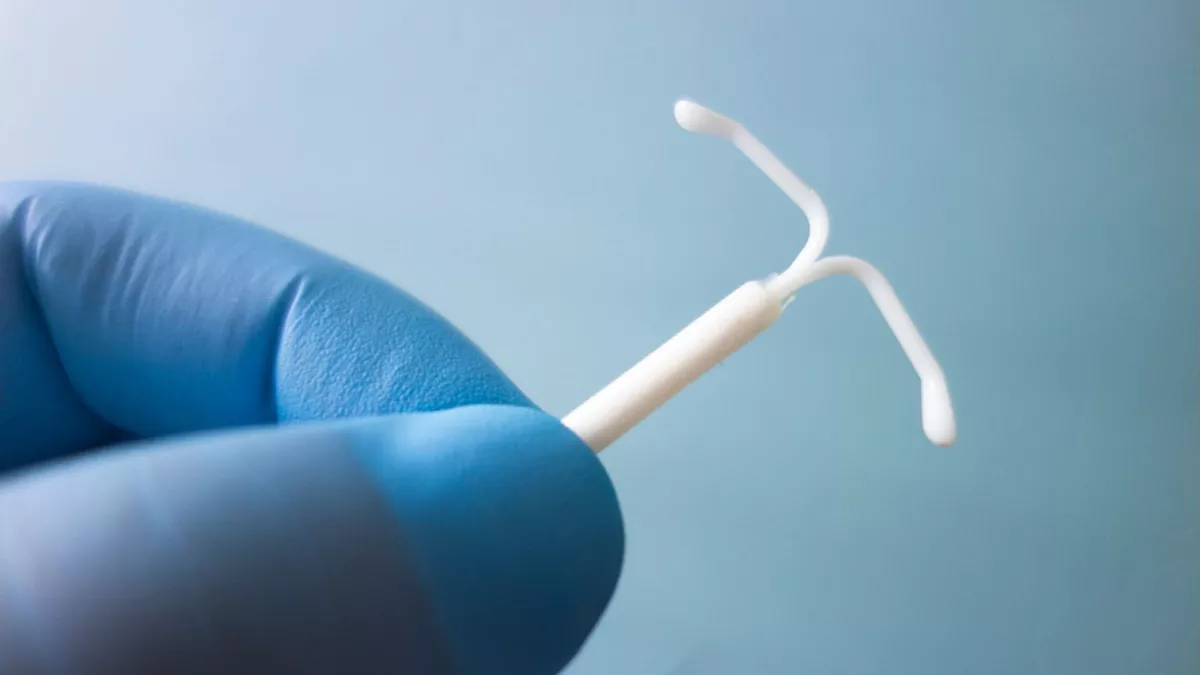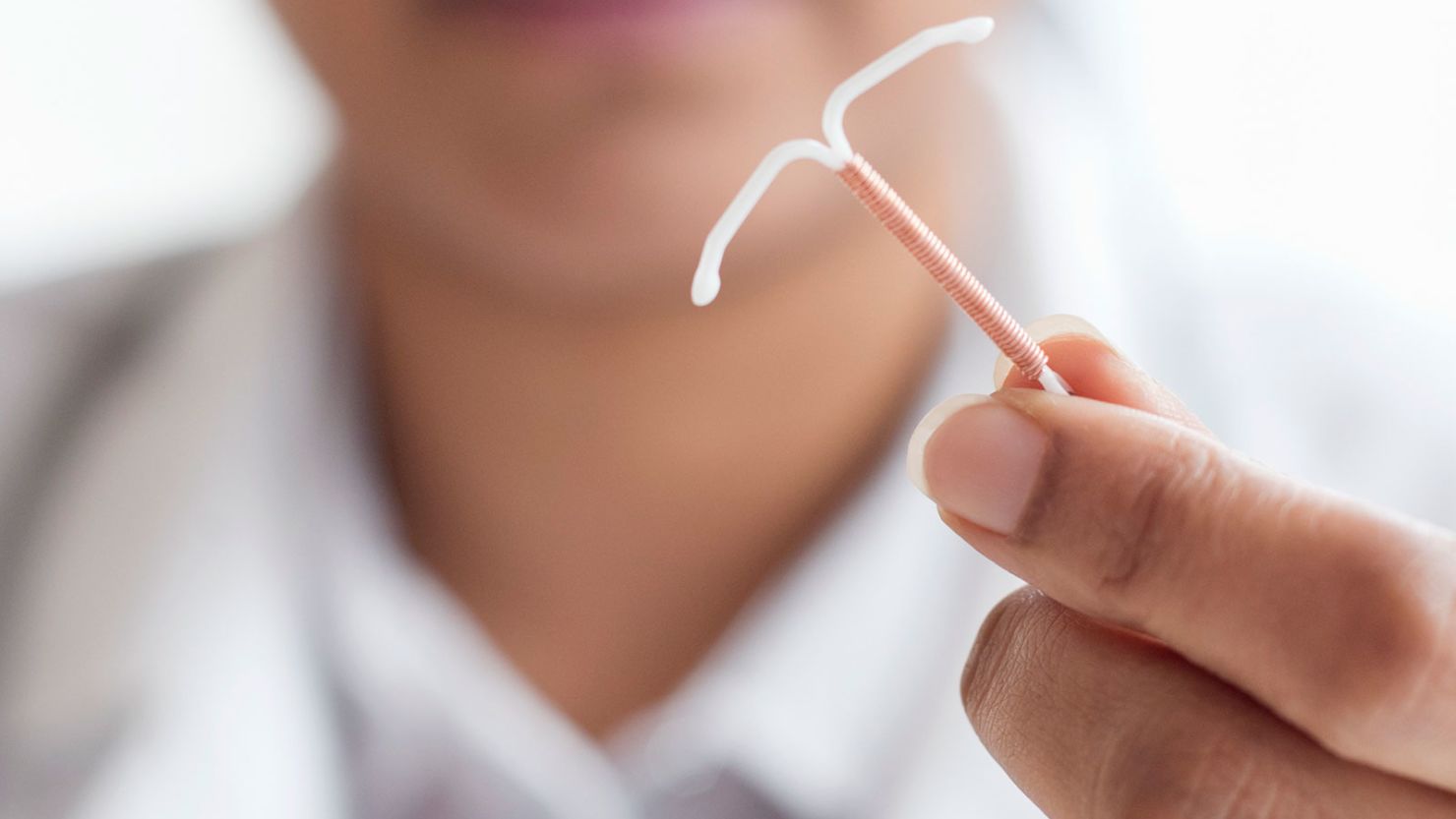A recent study has highlighted a potential link between hormonal birth control, specifically intrauterine devices (IUDs) that release the hormone levonorgestrel, and an increased risk of breast cancer in women. Published in the journal JAMA, the research analyzed health records of over 150,000 Danish women aged 15 to 49.
Among the participants, approximately 1,600 were diagnosed with breast cancer, with women using hormonal IUDs showing a 40% higher risk compared to those not using hormonal contraceptives. This translates to about 14 additional breast cancer diagnoses for every 10,000 women using these devices, although the study found that the risk did not increase with longer use of the IUDs.
Previous studies have also indicated a correlation between hormonal contraceptive use and breast cancer, particularly with oral contraceptive pills. The latest research adds to the existing body of evidence by specifically examining the risks associated with hormonal IUDs, which are becoming increasingly popular.
According to data from the Centers for Disease Control and Prevention (CDC), more than 10% of women aged 15 to 49 in the United States currently use an IUD or other long-acting reversible contraception, while about 14% use the pill, highlighting the importance of understanding the associated health risks.

Despite the study’s findings, experts emphasize that the overall risk of developing breast cancer due to hormonal birth control remains low. Kelsey Hampton, director of mission communications and education for the Susan G. Komen Breast Cancer Foundation, urged women not to panic in response to the data.
Instead, she suggested that this information should be utilized to foster informed conversations with healthcare providers regarding personal risks and choices surrounding birth control methods. The American College of Obstetricians and Gynecologists previously stressed the need for women to weigh the potential risks of hormonal contraception against their benefits.
Dr. Eleanor Bimla Schwarz, a professor of medicine at UCSF, argued that the benefits of using an IUD generally outweigh the associated risks. She pointed out that the risk of breast cancer reported in the study is relatively small and does not equate to an increased risk of mortality from the disease.
In fact, hormonal IUDs not only provide effective pregnancy prevention but may also alleviate menstrual symptoms and reduce the risk of endometrial cancer. Schwarz urged for a more nuanced understanding of breast cancer risks, emphasizing that a diagnosis does not necessarily equate to a higher risk of death from the disease.
Additionally, Dr. Arif Kamal from the American Cancer Society mentioned that the study did not account for mammogram screening frequency among women with IUDs, which might explain the higher diagnosis rates. He emphasized that there are alternative contraceptive methods, such as copper IUDs, which do not carry the same hormonal risks.
Experts encourage women to make informed healthcare decisions based on their personal risk factors and lifestyle choices, such as increasing physical activity and limiting alcohol intake, rather than succumbing to fear. The focus should remain on informed decision-making rather than avoidance of potentially beneficial contraceptive options.
